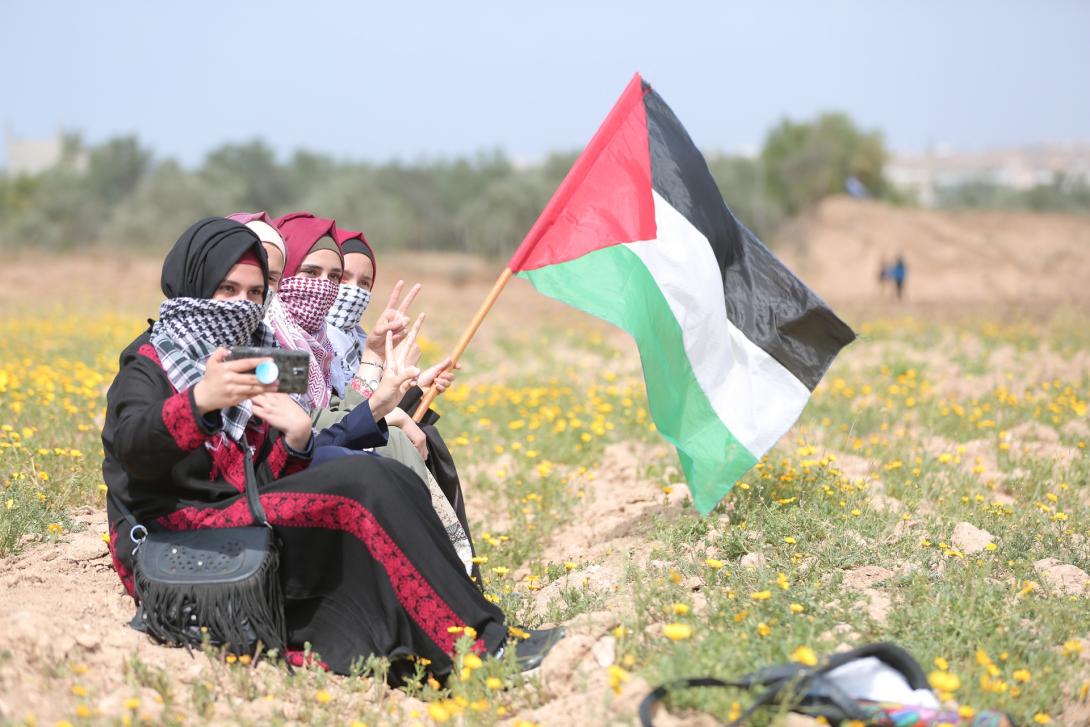"Embracing Diversity: Unveiling the Demographic Mosaic of Palestine"

Title: Demographic Profile of Palestine: A Diverse and Complex Society
Introduction:
The demographic landscape of Palestine is characterized by its diversity and complexity, reflecting a rich history of cultural, religious, and ethnic influences. Located in the eastern Mediterranean region, Palestine encompasses the West Bank, including East Jerusalem, and the Gaza Strip. This article aims to provide an overview of the demographic makeup of Palestine, shedding light on its population composition, religious affiliations, languages spoken, and other key aspects.
Population Composition:
As of the most recent available data, Palestine's population is estimated to be approximately 5 million people. However, it is important to note that due to the sensitive nature of population statistics in the region and ongoing political circumstances, obtaining accurate and up-to-date figures can be challenging.
Ethnic and Cultural Diversity:
Palestine has historically been a meeting point for various cultures, resulting in a diverse ethnic makeup. The majority of Palestinians are Arabs, with various subgroups such as the Bedouins and the Palestinians of the Gaza Strip. Additionally, there are smaller communities of Armenians, Circassians, Samaritans, and others, each contributing to the cultural tapestry of the region.
Religious Affiliations:
Religion plays a significant role in the demographic composition of Palestine. The majority of Palestinians adhere to Islam, with Sunni Muslims comprising the largest portion. There is also a notable presence of Christians, mainly adhering to various denominations such as Greek Orthodox, Roman Catholic, and Protestant. Moreover, a small number of Palestinians practice other faiths, including Druze and Samaritanism.
Languages:
Arabic is the official language of Palestine and is widely spoken throughout the region. It serves as the primary language for communication, education, and administration. Additionally, due to historical interactions and the presence of diverse communities, some Palestinians also speak Hebrew, English, or other languages depending on their personal circumstances.
Urban-Rural Divide:
Palestine's population is distributed across urban and rural areas, with varying degrees of development and infrastructure. Urban centers, including major cities like Ramallah, Nablus, and Hebron, experience a higher population density and serve as economic and cultural hubs. Meanwhile, rural areas, particularly in the West Bank, are characterized by agricultural activities and smaller communities.
Diaspora:
The Palestinian diaspora refers to Palestinians living outside the borders of Palestine, often as a result of historical events such as the Arab-Israeli conflicts and the displacement of Palestinian refugees. The diaspora is estimated to be significant in size, with communities scattered across the Middle East, Europe, North America, and other parts of the world. The Palestinian diaspora has played a vital role in preserving Palestinian identity and advocating for Palestinian rights.
Challenges and Opportunities:
The demographic dynamics of Palestine face numerous challenges and opportunities. Political tensions, territorial disputes, and the impact of conflict have led to population displacement and fragmentation. Economic development, access to basic services, and resource management also pose ongoing challenges. However, Palestinians have demonstrated resilience, resourcefulness, and a strong sense of community in the face of adversity, presenting opportunities for growth and progress.
Conclusion:
The demographic profile of Palestine reflects a vibrant, diverse, and complex society, shaped by its rich history and ongoing challenges. Understanding the population composition, religious affiliations, languages spoken, and other aspects of Palestine's demographic landscape is crucial for comprehending the social fabric and fostering dialogue and understanding. Embracing diversity and seeking peaceful resolutions to political disputes are essential steps toward a more inclusive and prosperous future for all Palestinians.